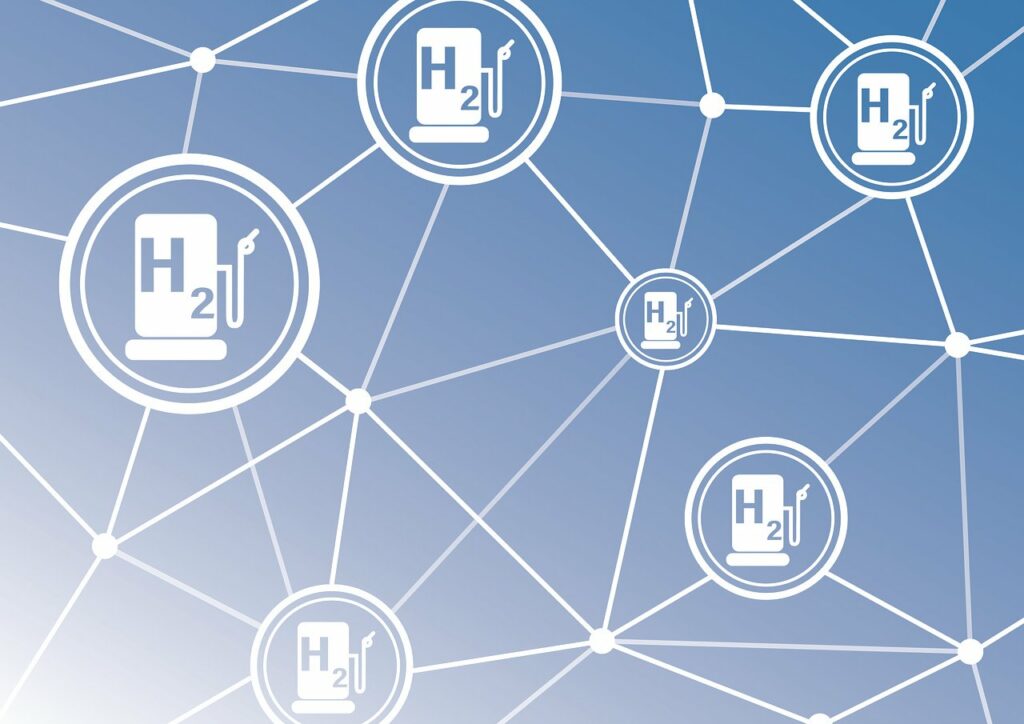South Korea is taking significant steps to advance its hydrogen economy by simplifying regulations related to hydrogen infrastructure.
The South Korean government announced plans to reduce administrative barriers for constructing hydrogen charging stations, a vital component for the expansion of hydrogen-powered vehicles.
The decision to streamline regulations comes as part of a broader strategy to enhance the adoption of hydrogen technology. The government’s approach includes revising permitting procedures and offering incentives to private investors willing to participate in the expansion of hydrogen infrastructure. By easing these regulations, South Korea hopes to attract more businesses to invest in hydrogen, thereby accelerating the development of the sector.
Currently, one of the major challenges for hydrogen vehicles is the limited number of charging stations. South Korea aims to address this by significantly increasing the number of stations, making hydrogen vehicles a more viable option for consumers. The government believes that by removing some of the bureaucratic hurdles, the rollout of charging stations can be expedited, facilitating a quicker transition to hydrogen-powered transportation.
Moreover, the South Korean government is also focusing on research and development to improve hydrogen storage and production efficiency. Investments in these areas are expected to lower costs and make hydrogen a more competitive alternative to traditional fossil fuels. By promoting technological advancements and expanding infrastructure, South Korea is positioning itself as a leader in the global hydrogen economy.





